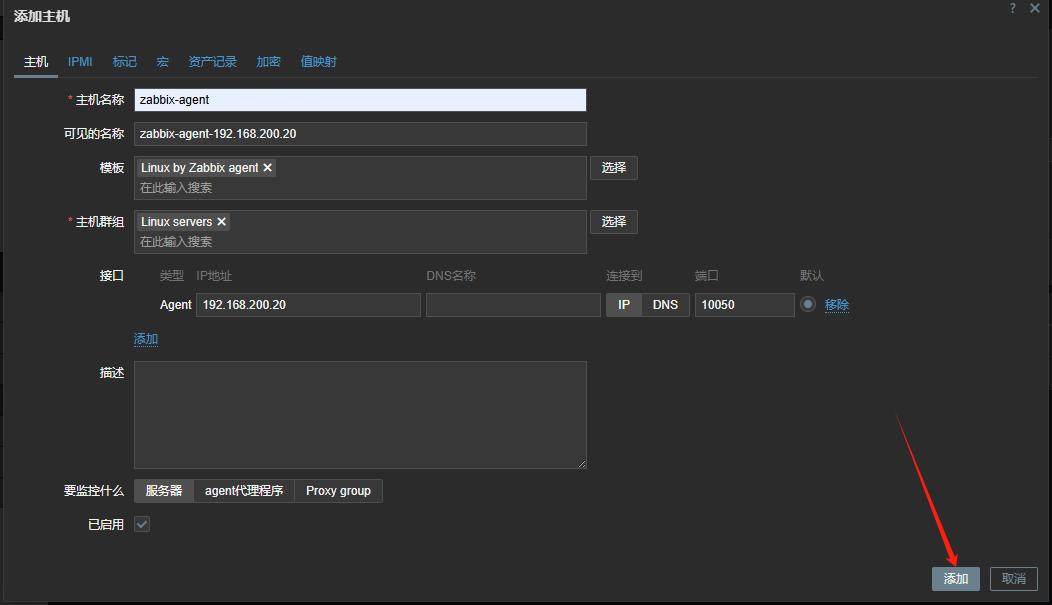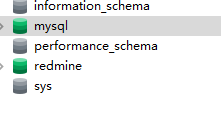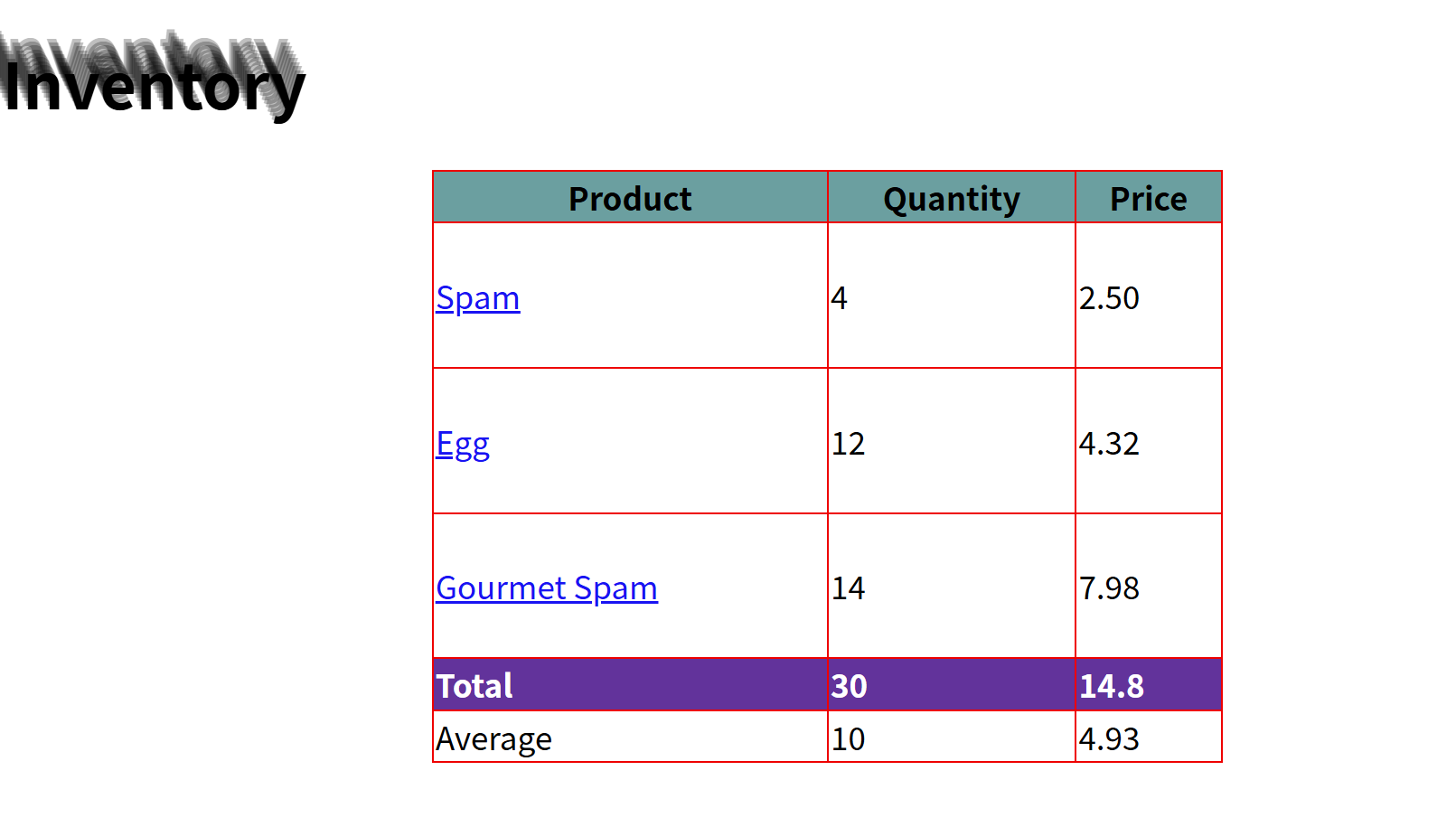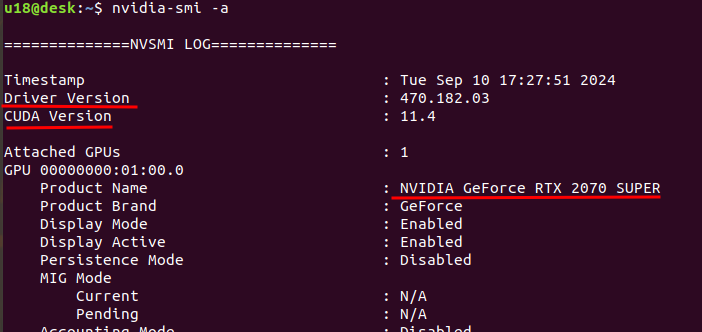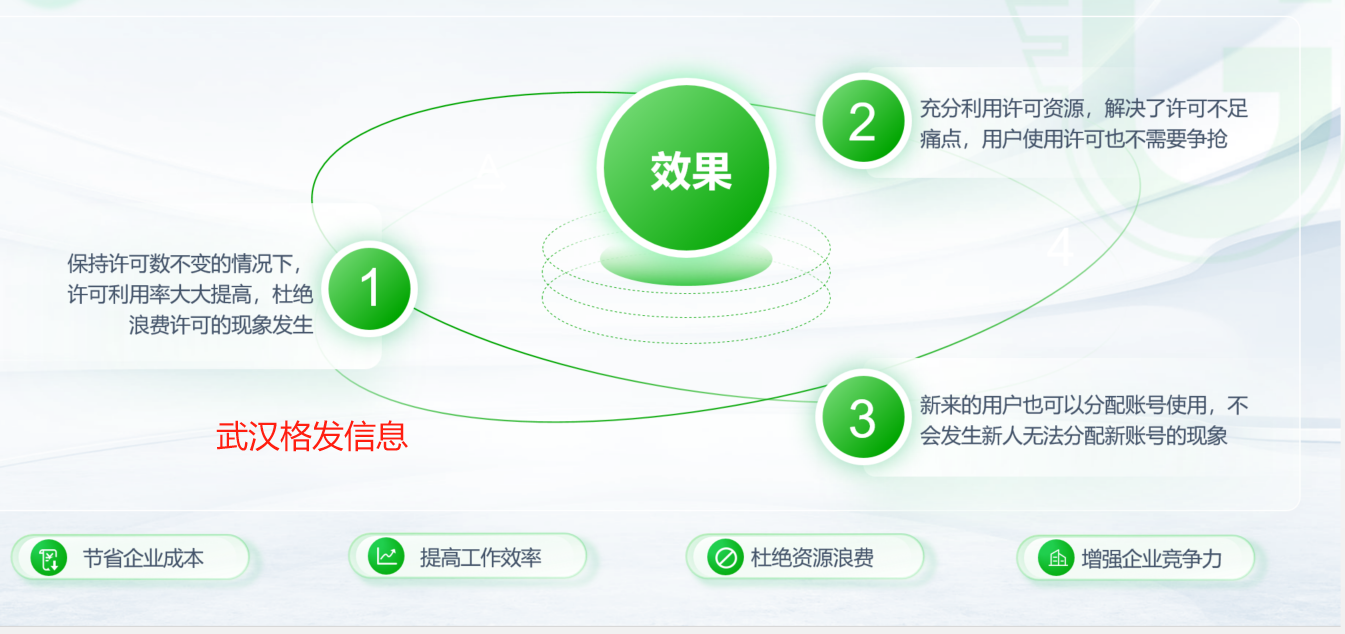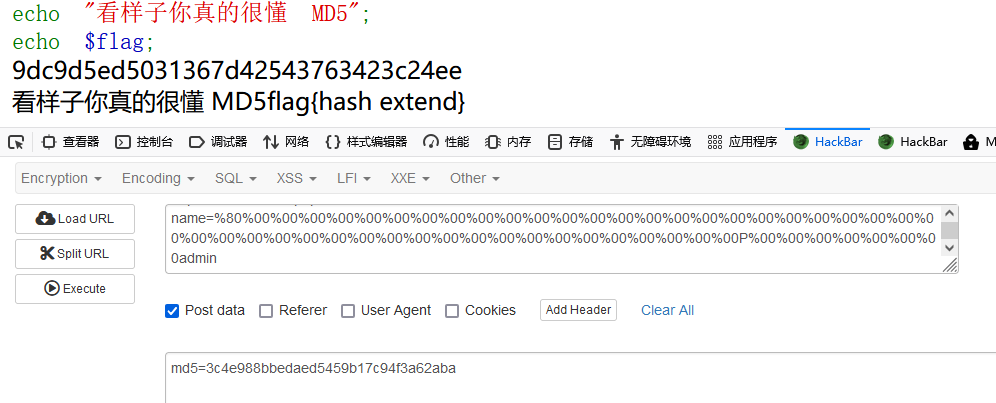概述
在 C++ 中,链表迭代器是一种用来遍历链表(如 std::list)元素的工具。链表是一种数据结构,其中每个元素(节点)包含一个数据值和一个指向下一个节点的指针。链表迭代器允许以类似于数组的方式访问链表中的元素,但不需要直接操作指针。
链表迭代器的作用
-
访问元素:链表迭代器使你能够顺序访问链表中的每个元素,就像在数组中遍历元素一样。
-
遍历链表:通过迭代器,你可以在链表中前进或后退,从而进行遍历操作。这使得在链表中执行各种操作(如查找、修改、删除等)变得简单而直观。
-
抽象化操作:迭代器提供了一种统一的方式来访问不同类型的数据结构。无论是链表、数组还是其他容器,迭代器的使用方式大致相同,这让代码更加通用和易于维护。
使用示例
#include <iostream>
#include <list>int main() {std::list<int> myList = {1, 2, 3, 4, 5};// 使用迭代器遍历链表for (std::list<int>::iterator it = myList.begin(); it != myList.end(); ++it) {std::cout << *it << " "; // 输出链表元素}return 0;
}
为什么要为自己的类设置迭代器?
参考下述链表类
class List {
public:List(): head(new Node()) { }~List();bool push(int x, int y); // 在头部插入一个新坐标bool pop(int x, int y); // 查找指定坐标,并删除private:Node* head;
};
在该链表中,定义了push和pop两个方法,现假定,我们需要能够从第一个节点开始,逐步在外部调用链表的每一个节点,有一种简单的实现方法:
- 定义
search(int i)函数,从头开始,向后查询i个节点 - 在外部采用for循环递增节点索引
i。
这里给出一个伪代码:
for (int i = 0; i < 10; ++i) {Node cur = myList.search(i);std::cout << cur << std::endl;
}
上述方法能够实现在外部对链表节点的遍历,但是,当索引较大时,鉴于每一次都需要从头访问至索引处,算力开销极大,因此我们必须采用更高效的方法。
如何为类设置迭代器方法?
观察标准库中迭代器的使用方法:
for (std::list<int>::iterator it = myList.begin(); it != myList.end(); ++it) {std::cout << *it << " "; // 输出链表元素
}
我们了解到需要实现如下内容:
- 定义迭代器类,包含一个
Node*类型的指针cur,指向当前元素。 - 在链表类中,定义
begin、end函数,分别指向第一个元素和尾节点。 - 定义
!=运算符,以支持比较两个指针是否相同。 - 定义
++运算符,使得可以更便携的遍历节点。 - 定义
*运算符,使得可以采用指针方法访问到节点的值。
我们可以依次完成实现
class List {
public:List() : head(new Node()) { }~List();bool push(int x, int y);bool pop(int x, int y);// 定义迭代器类class Iterator {public:// 构造函数Iterator(Node* node) : cur(node) {}// 指针运算符Cell& operator*() { return cur->cell; }// 前置自增运算符Iterator& operator++() {if (cur) cur = cur->next;return *this;}// 不等于运算符bool operator!=(const Iterator& other) const { return cur != other.cur; }private:// cur字段Node* cur;}// 分别定义begin()、end()方法Iterator begin() const { return Iterator(head->next); }Iterator end() const { return Iterator(nullptr); }private:Node* head;
};
完成上述实现后,我们就可以使用迭代器方法快捷的访问类成员了。
#include <iostream>
#include "list.h"int main() {List ROI;// 插入节点ROI.push(0, 0);ROI.push(0, 1); ROI.push(0, 2);ROI.push(0, 3);for (List::Iterator it = ROI.begin(); it != ROI.end(); ++it) {std::cout << *it << "\n";}return 0;
}
